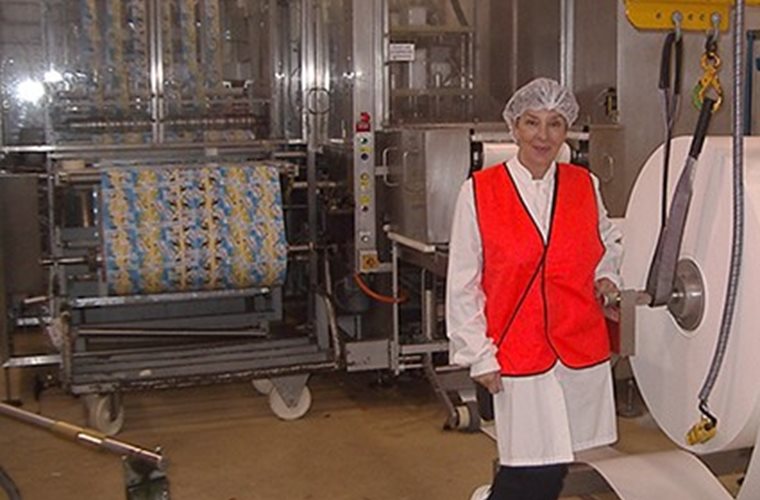My lifelong mission has been to get people to correctly pronounce:
- deja-vu
- Moulin Rouge
- Boulogne
- nuclear.
As a fifth-generation ‘dinki-di Aussie’ living in a small country town on the outskirts of Melbourne, from a very young age I somehow had a fascination for ‘foreigners, with different names and accents’. I have early memories of singing Volare along with Deano Martino on our car-battery powered radio. At a primary school fancy-dress ball, dressed as a hula girl with an unconvincing bobbed and beribboned haircut, my first and only ever prize was a tiny bottle of scent in a midnight-blue box adorned with a sparkling Eiffel Tower - Soir de Paris by Bourjois. This was my first taste, which I later learnt at university, of French hegemony, which has forever stretched its tentacles outwards, reaching even as far as my little corner of the Antipodes.
During my teenage years, being somewhat quiet, reserved and bookish, I learnt all about the artists who flourished in Europe throughout the ages. I paid very close attention to my French lessons at secondary school, taught by a Dutchman who rode bolt-upright on a big heavy black Dutch bicycle. Then I completed training as a librarian in Melbourne, and employment in medical and engineering libraries. In the meantime, I had met and married a dashing Frenchman, who whirled me off to live in Le Mans and Paris, France. This opened up a whole new world for me, leading to extensive travel opportunities and a career in medical translation and later, interpreting.
On returning to Australia, I completed a Bachelor of Arts (Hons) in French, and went on to do a Master of Librarianship, specialising in French book-trade history and late 18th century Paris booksellers. Along the way I passed exams to become a NAATI-accredited Advanced Translator (Medical) and Professional Interpreter (now known as Certified Interpreter), and a member of AUSIT. In my spare time I try to keep up to date with all aspects of day-to-day international and community life in Australia. I keep in touch with specific terminology in English and French and this calls for an understanding of social welfare services, education, health issues, medical technology, the legal system… the list is endless, but fascinating, and in constant flux.
As a TIS National interpreter since 1990, French-speaking clients include people from the metropole, including France, Switzerland, Belgium, Canada, New Caledonia, Tahiti, Mauritius, Seychelles, African countries such as Congo, Burundi, Togo and Ivory Coast, and the Maghreban countries of Morocco, Algeria and Tunisia. All regions represent a very wide spectrum of cultures, accents, dialects and backgrounds. It is most rewarding to be able to assist those who are suffering, uprooted, disadvantaged, or who perhaps simply need some reassurance by being able to communicate in their own language in difficult times (such as dealing with the idiosyncrasies of Department of Home Affairs and the Australian Tax Office).
Professional highlights have included a year-long contract leading a team of six - several Frenchies, an Alsatian, a Catalan, a Mancunian, a Cajun and an Aussie - in the translation unit of a French pharmaceutical laboratory; an 8000 km assignment interviewing boat arrivals at Port Headland, interpreting for a French Juge d’Instruction in the Brisbane Magistrates court and a week-long nurse-training course in aortic stent implants at St Vincent’s hospital in Melbourne. More joyful assignments included interpreting for several well-known film producers, winery visits with a cooper selling his fine French oak barrels, trouble-shooting on yoghurt and bread-making machines, tour-guiding along the Great Ocean Road, reuniting long-separated children in Australia with their overseas grandparents, and patching up a long-distance lovers’ row via the telephone.
‘How did you become an Interpreter?’ people ask. My career-path was not the result of any conscious decision, but rather, more of an accidental evolution, as I was swept along the highways and byways of life.
‘Combined with qualifications, training and experience in the field, the one absolute prerequisite is a passion for words, language and people, and a sense of curiosity for the world around us, like parts of the giant jigsaw puzzle in which we live.’


